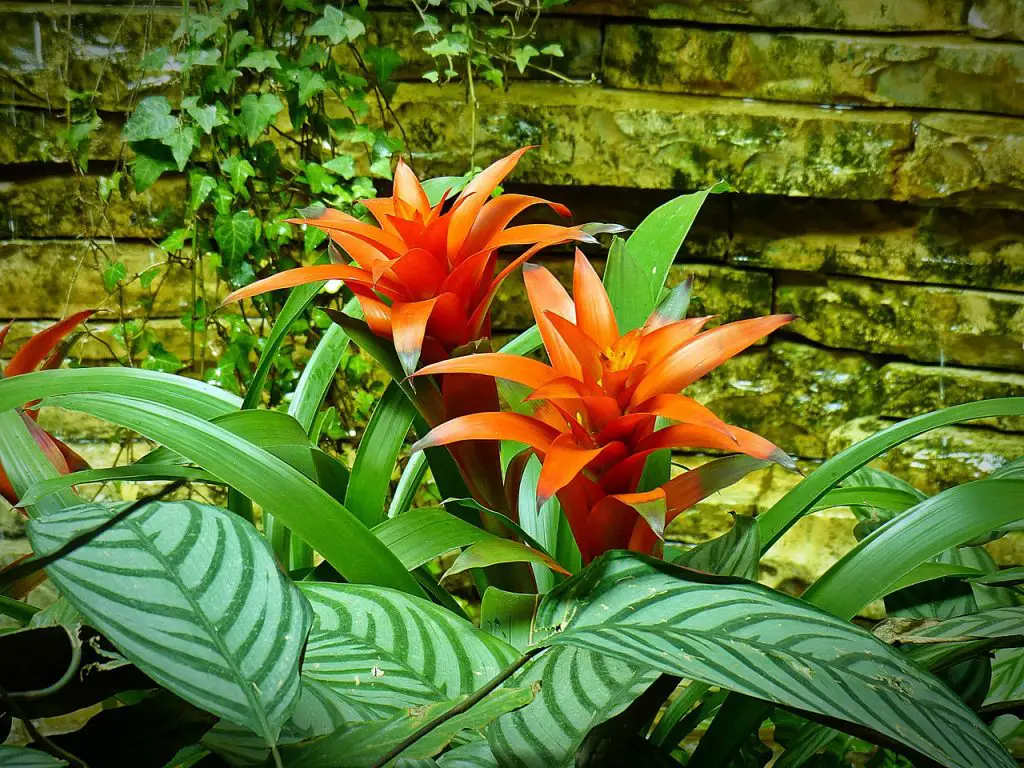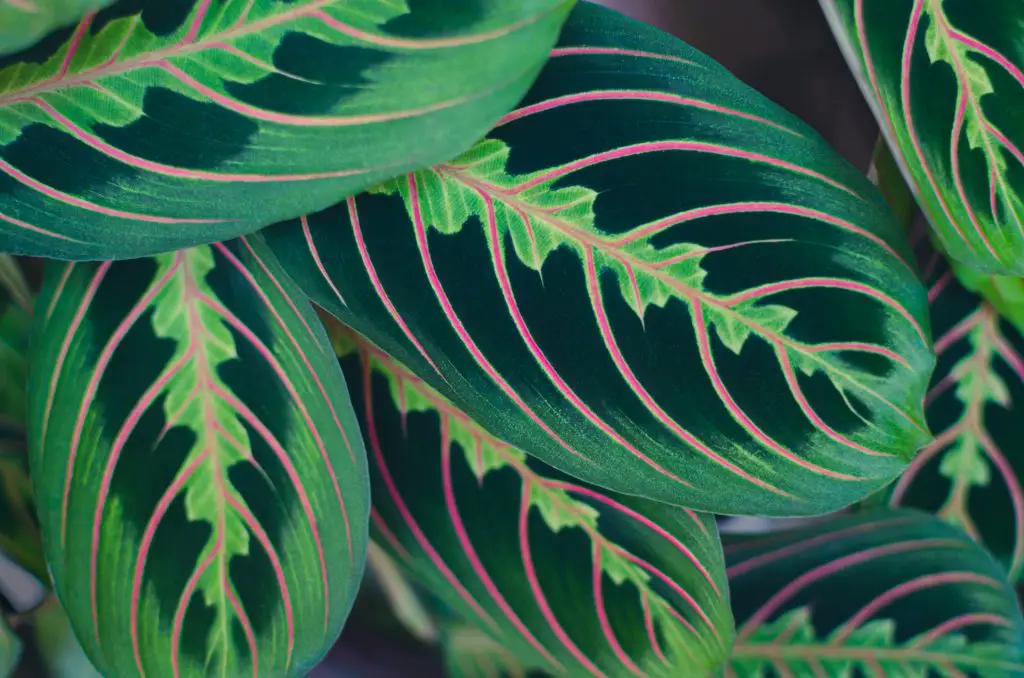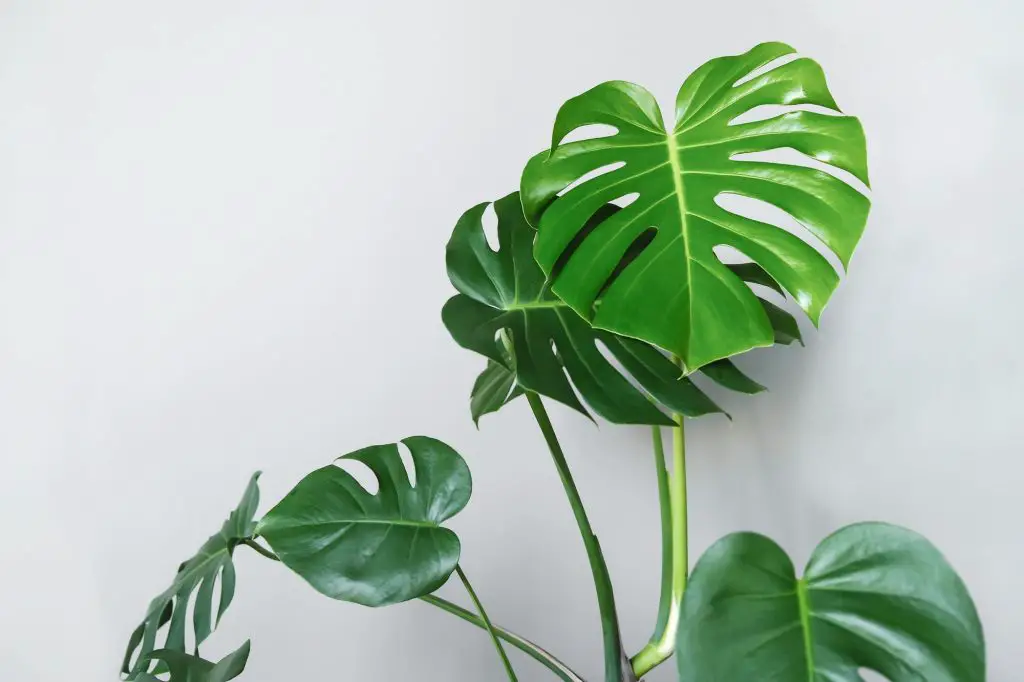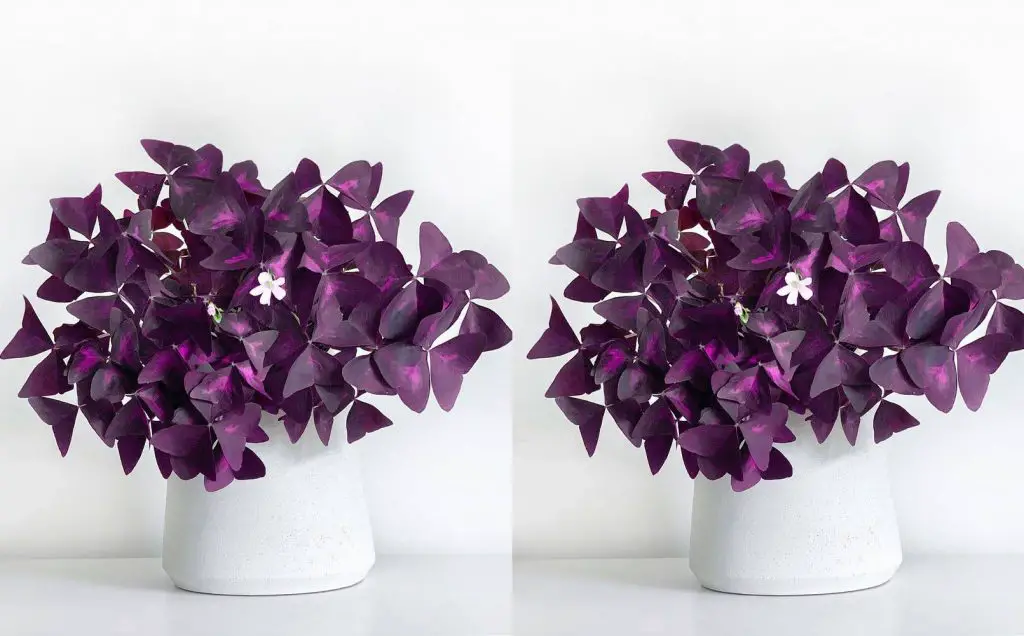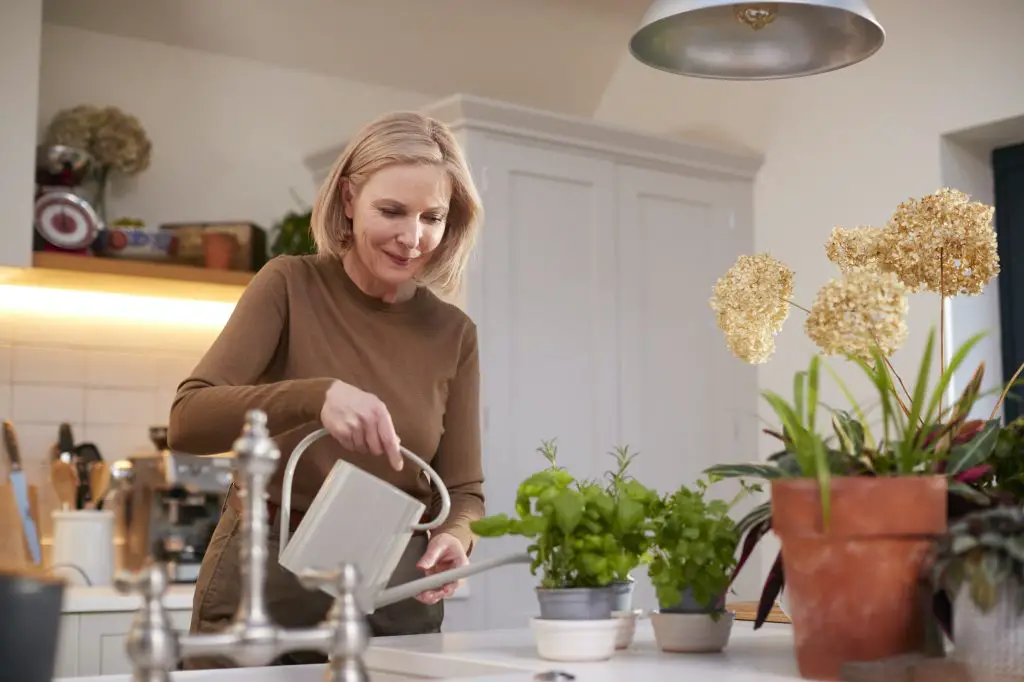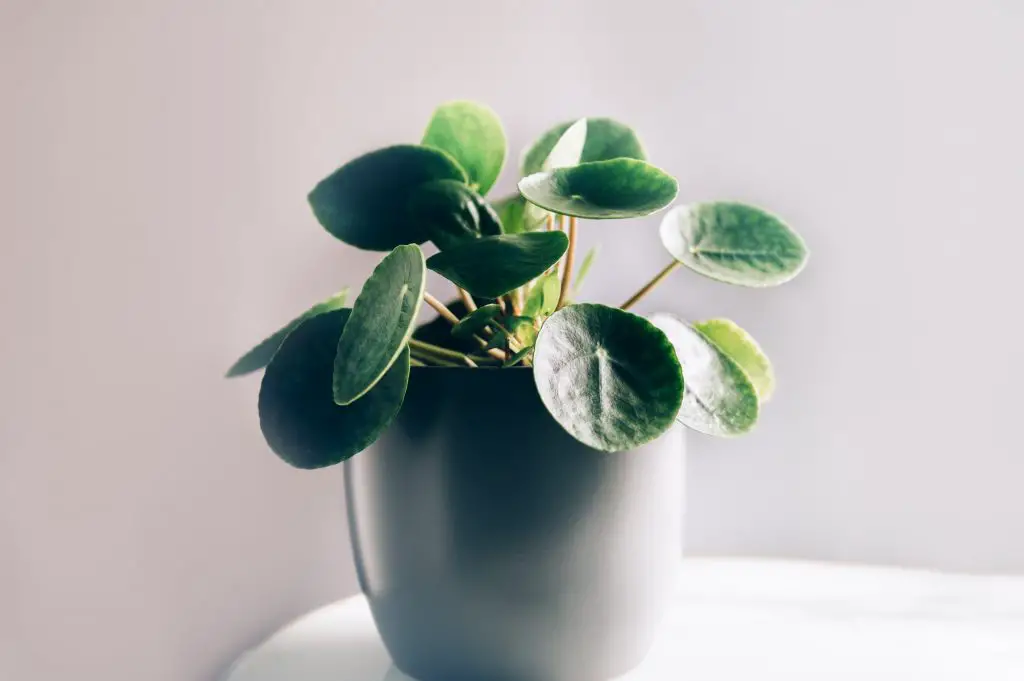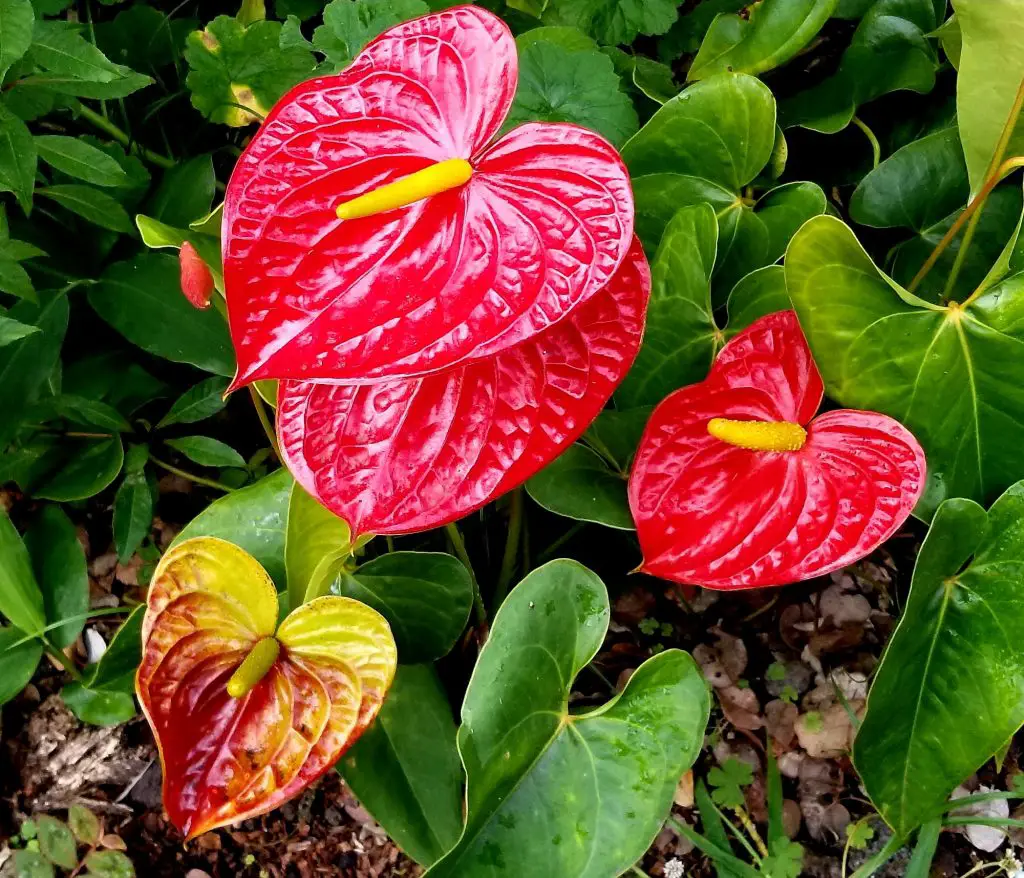Bromeliads are tropical houseplants that thrive in low humidity environments so, at the entrance of winter season, growers are often concerned as to whether bromeliads should be propagated or if their bromeliads would survive this season that is often tagged as an extreme weather condition.
The best season for a bromeliad is the summer season, so having to transition from summer to winter in terms of bromeliad propagation might be a challenge for its growers. Do you have a bromeliad garden and you are bothered about their survival in winter?
Keep reading to find out the fate of your bromeliads.
Table of Contents
Can Bromeliads be grown in winter?
Generally, bromeliads bloom in low humidity environments, being directly exposed to the harsh conditions of winter might be tough on your bromeliads. Unfortunately, your bromeliads if grown outdoors cannot survive in winter.
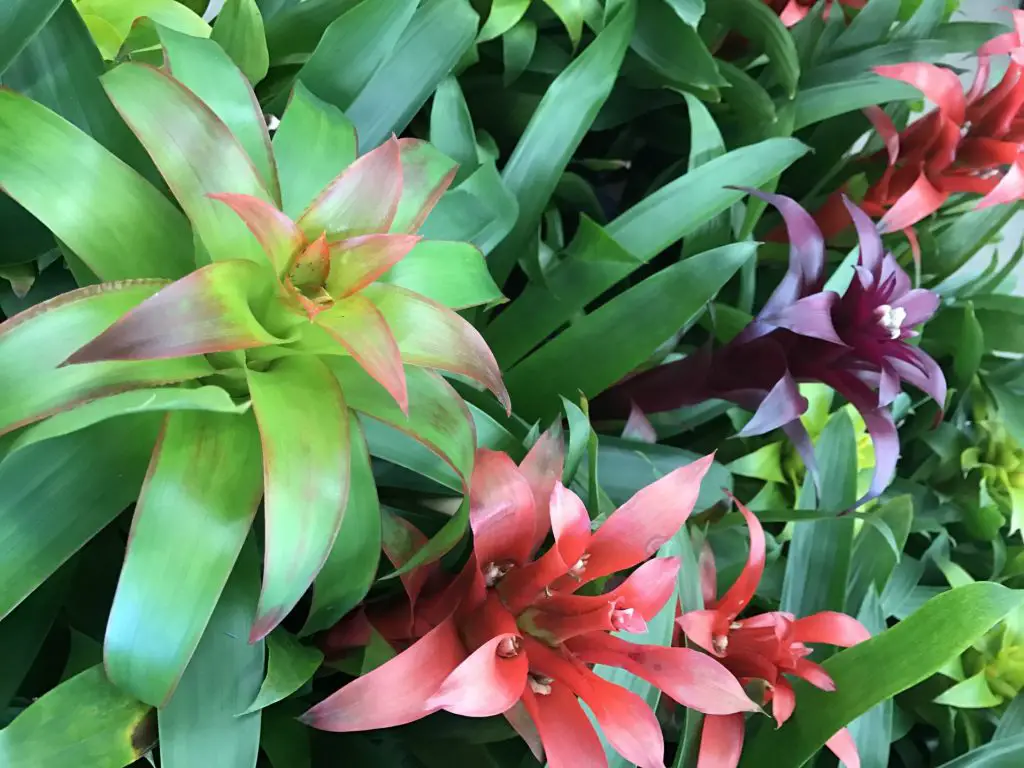
Some species of bromeliads can survive in a cold environment but once the weather drops below 50°F, the bromeliad would freeze and death would be inevitable.
However, there are ways to bypass this harsh season and protect your beautiful bromeliads; a few measures and precautions would help sustain the lives of your bromeliads. With these precautions adopted, your bromeliads can survive the winter season if grown indoors.
What happens to Bromeliads if kept outdoors during winter?
Your bromeliad is at a high risk of dying if it is exposed to the harsh conditions of the winter season. The center of a bromeliad has a cup/tank in which water is stored to supply nutrients to the plant. If this water gets frozen, the growth of your plant would be affected.
Also, during winter, the soil of your bromeliad tends to get drier than normal and this could be harmful to your plant. A sign that the poor condition of your soil is affecting the plant is that the bright colors of the bromeliad would start to fade which means the foliage appearance has been affected.
Humidifiers may not be so helpful at this point. This is the reason you are advised to change the environment of the plant during the winter season.
Measures to protect Bromeliads in winter
Though bromeliads cannot survive if grown outdoors in the winter season, there are measures you can adopt in this season to protect the longevity of your bromeliads.
Adopt the following measures and your bromeliads would not only be preserved during the winter season but would also bloom attractively.
- If your bromeliads are grown outdoors, there is a possibility that you would grow them in pots or containers. This has a major role to play in preserving your bromeliad; if your plants are grown outdoors but are placed in pots and containers, you could move them indoors or to a more protected area such as a heated garage or a greenhouse.
- Bromeliad growers are encouraged to move their plants indoors during the winter season. If your bromeliads are grown on rocks or trees, to preserve them, you would have to make use of pots or containers during the winter season.
- If you would be making use of old pots or containers, ensure you clean them before potting your bromeliads
- Your bromeliads need to be cleaned before moving them indoors. You could spray the leaves and then clean them up to ward off insects on them. This is to prevent infestations that may spread from the bromeliad to other indoor house plants.
- In moving your bromeliads indoors, it is important to seclude the outdoor bromeliads from your indoor house plants. This is to protect your other houseplant from being infected from infestations your bromeliads might have.
- Secluding them for a while helps to identify which plant has been infested. This discovery would help inform your next line of action- whether to pluck out the infested plants and whether to seclude the other plants for a longer period.
- Ensure that your bromeliads are moved to an area where there is bright light; bright light is essential for the growth of your bromeliad. You do not have to worry about protecting your bromeliads from direct sunlight. Fluorescent lamps or bulbs would help provide bright light indoors.
- Since bromeliads thrive in low humidity areas, you may have to use humidifiers to get the soil mixture your bromeliads require which must be moist but not soggy.
- If you have pets indoors, ensure that you prevent them from getting close to your bromeliads. Pets tend to chew on bromeliads especially cats and dogs, while bromeliads are not poisonous to them, they could get sick or suffocate from chewing the leaves specifically if they are puppies or kittens. Repellant sprays would help chase your pets away from the bromeliads.
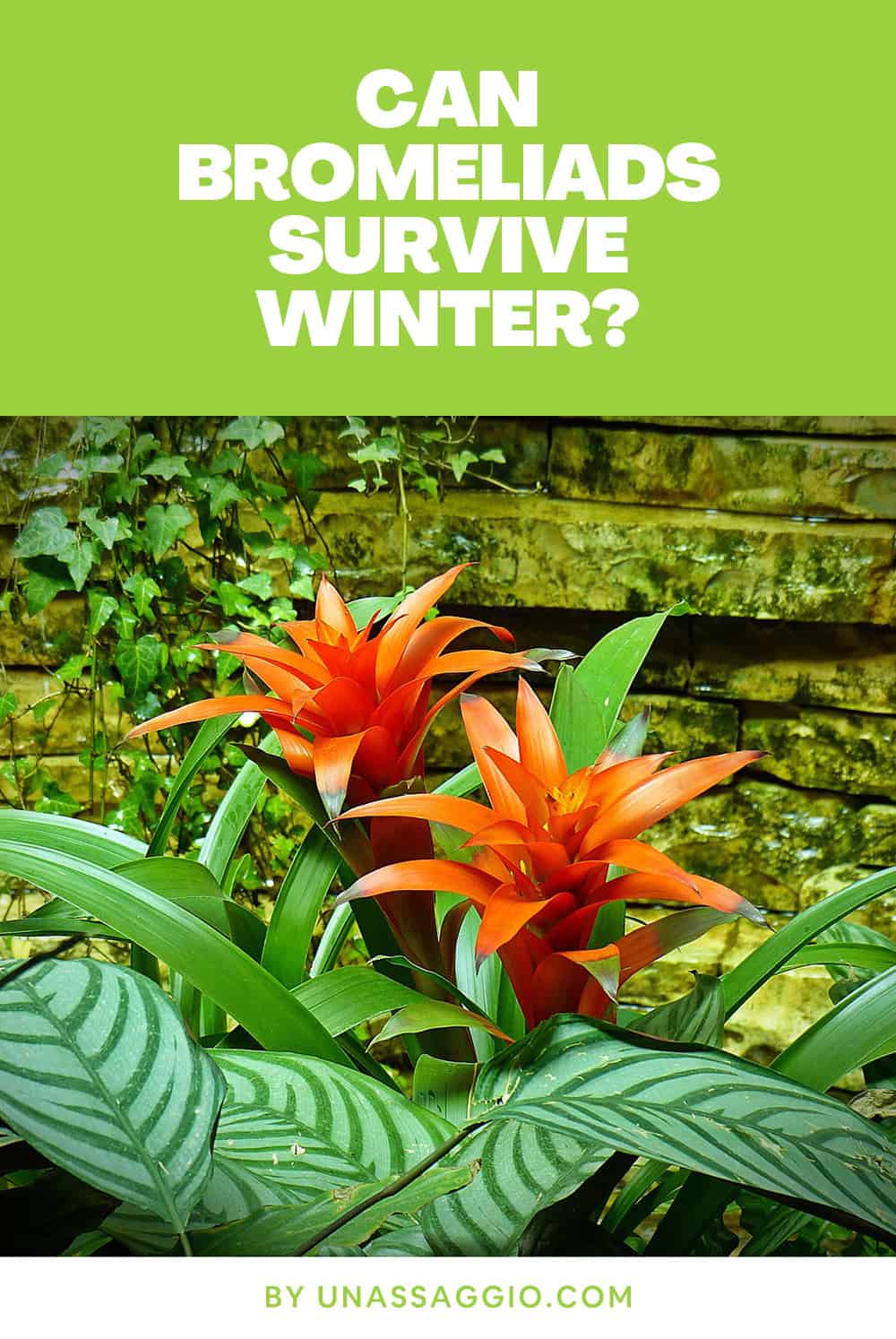
After winter, what next?
If you adopt the aforementioned measures to protect your bromeliads during winter, you are sure to have a full bloom of bromeliads and even bromeliads pups at the end of the season.
At the end of the season, depending on your choice, you can decide to keep your bromeliads indoors or return them outdoors. If you have bromeliad pups then your bromeliad garden has expanded, you may consider giving out some pups to your neighbors.
Conclusion
It is important to study the nature of the bromeliad plant you would be propagating to consider its cold tolerance.
Notwithstanding, you are advised to move your bromeliads to a low humidity environment during the winter to preserve and sustain the growth of your bromeliads. Your bromeliads are sure to bloom if you adopt the measures that have been offered.

